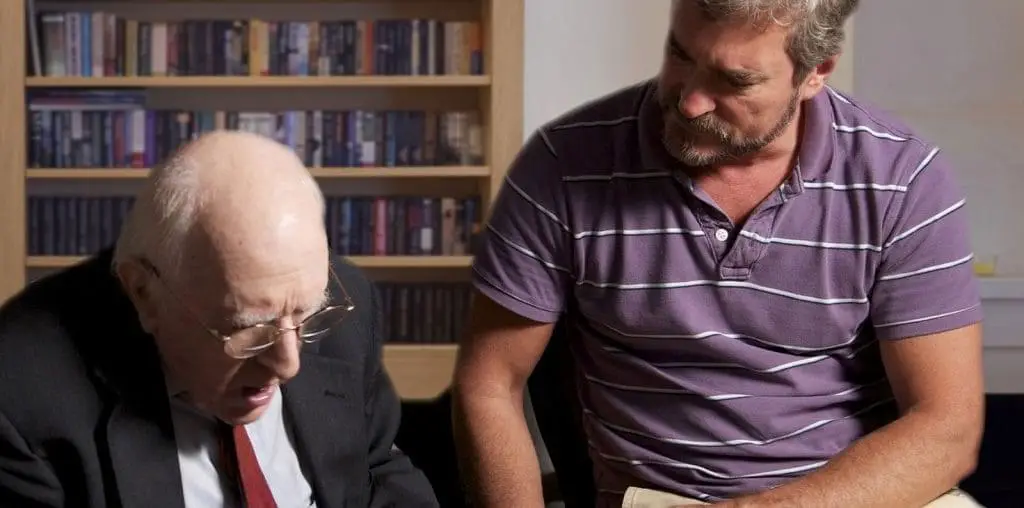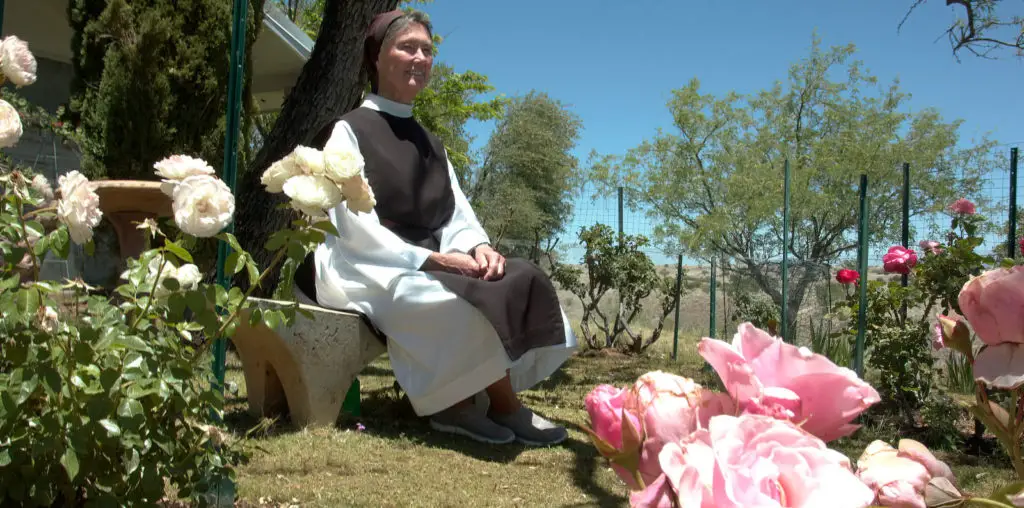
In this limp attempt at a suspense film, a Greek man named Yorgos (Giorgos Symeonidis) is released from prison. Homeless, and with no friends other than his old gang members (from whom he is trying to disassociate himself), the man takes to stalking a single mother (Ornela Kapetani) and her child.
Almost entirely free of both dialogue and music – not to mention dramatic tension – this film crawls along at an impossibly slow pace. Or better yet, it’s as if the film is treading water, killing time between scenes of Yorgos doing his stalking. Most of the running time is spent on shots of Yorgos either washing his face or putting on his socks. When we do get some plot, it is never satisfying.
“Correction,” which showed up at the Cleveland International Film Festival, dares to become interesting when the daughter, having noticed Yorgos, begins to counter-stalk the man, thinking that he may be her absent father. But alas, this thread proves unsatisfyingly developed. In the film’s final minutes we do get answers as to who these people are and what their relationship is, but by this point the film has been dragging too long for anyone to care.
The title of this shaky movie has two meanings. Of course, Yorgos has been in a correctional facility, but he is also hoping to correct his past mistakes. If this silent creep would just go talk to the woman that he is scaring the hell out of, perhaps something could be resolved between them. But as it is, Yorgos’ actions are just making this woman fear and loathe him even more than she does at the film’s outset. Yorgos, a common thug with no reason for the audience to sympathize with him, is eventually shown mercy by the object of his attention. However, there is no good reason why this is the case, other than that she is simply a better person than he is.
This movie also touches on the social problem of race relations in Greece; there is a bit of trouble with some Albanians. One cannot expect the average viewer to fully comprehend the nature of this tension; Greek/Albanian issues don’t make international headlines like (for example) the Israeli/Palestinian conflicts do. A bit of exposition here might have helped, but then again the same could be said for any of the film’s other barely perceptible themes.

